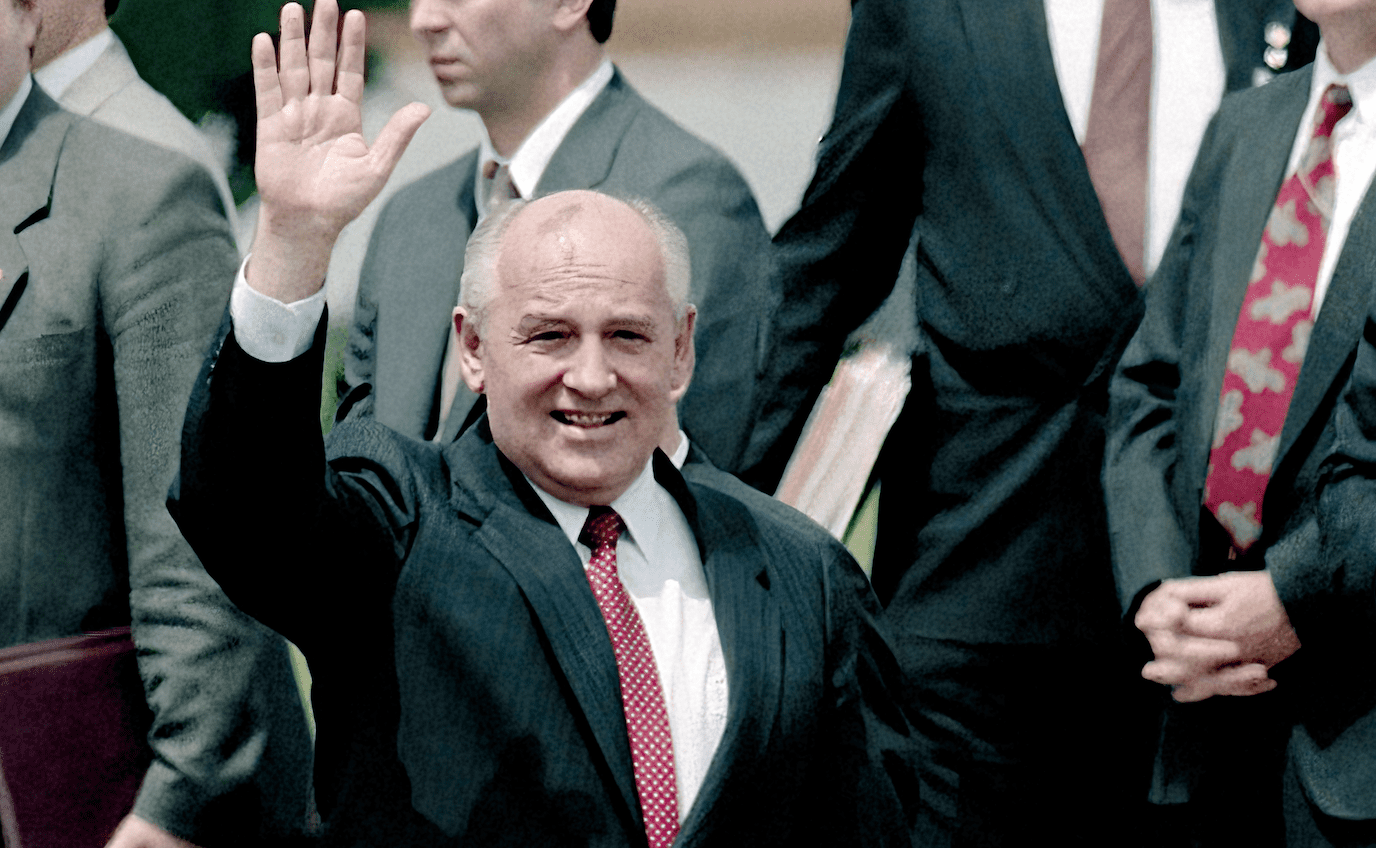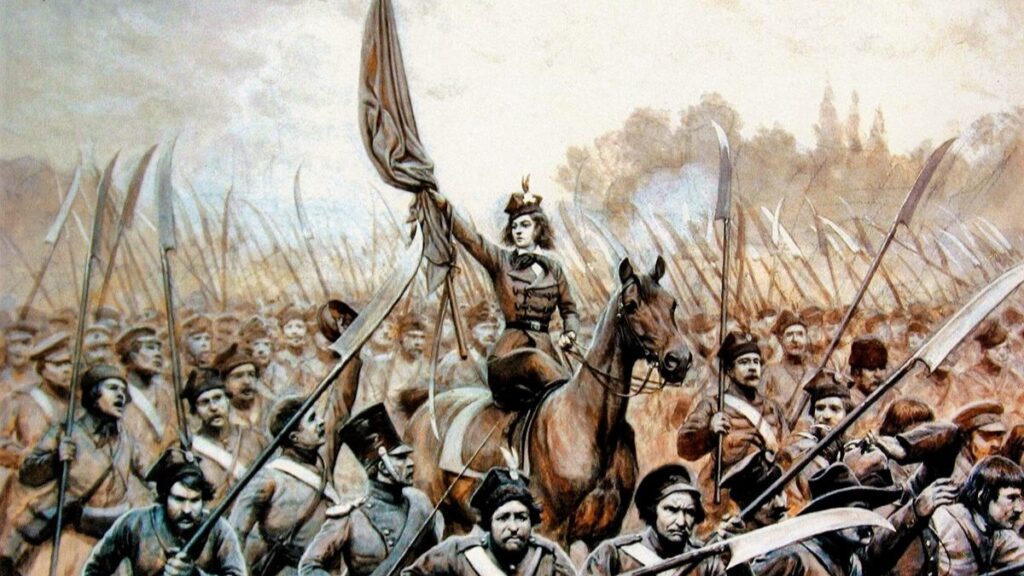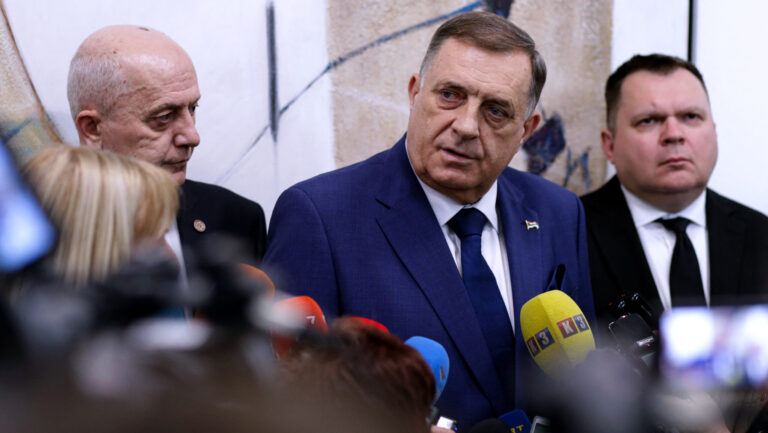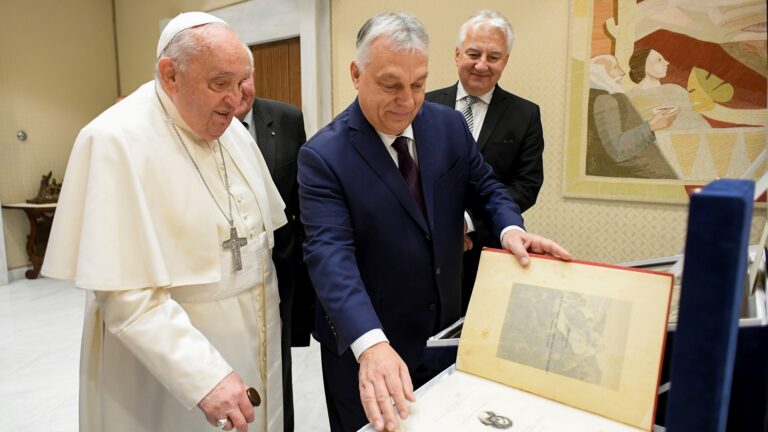The last Soviet leader, Mikhail Gorbachev, worked to bring about the reunification of Germany, negotiated armaments reduction agreements with the United States and formed partnerships withWestern nations. The internal changes he facilitated contributed to the falling apart of the Soviet Union, which President Vladimir Putin has dubbed the ‘biggest geopolitical calamity’ of the 20th century.
The News of His Death
According to Russia’s Central Clinical Hospital, 92-year-old Mikhail Gorbachev passed away on Tuesday, 31 August after a serious and protracted illness. According to Kremlin spokesman Dmitry Peskov, Putin expressed ‘his profound sympathies’ on the death of the former Soviet leader. Peskov said Putin ‘will send a telegram of sympathy to his family and friends tomorrow.’ Despite the publicly conveyed condolences, Putin was no fan of Gorbachev. He reportedly declared in 2018 that if he had had the power, he would have tried to stop the collapse of the Soviet Union.
World leaders quickly expressed their condolences. President of the European Commission Ursula von der Leyen stated that Gorbachev, who won the Nobel Peace Prize in 1990, had paved the path for a free Europe. US President Joe Biden said that he had believed in ‘glasnost and perestroika—not as mere slogans, but as the path forward for the people of the Soviet Union after so many years of isolation and deprivation.’
In reference to Putin’s invasion of Ukraine, British Prime Minister Boris Johnson stated that Gorbachev’s ‘tireless commitment to opening up Soviet society remains an example to us all.’
Western Partnerships
Gorbachev pushed the Soviet Union closer to the West than it had been any time since World War Two, ending decades of Cold War hostility and conflict. According to Grigory Yavlinsky, ‘He provided freedom to hundreds of millions of people in Russia and its surrounding countries, as well as half of Europe.‘ Few historical figures have shaped their era with such force. Late in his life, however, when Western sanctions against Moscow were imposed following the invasion of Ukraine and politicians in both Russia and the West started to discuss a potential new Cold War, Gorbachev saw his legacy destroyed.
‘Gorbachev died in a symbolic way when his life’s work, freedom, was effectively destroyed by Putin,’ said Andrei Kolesnikov, senior fellow at the Carnegie Endowment for International Peace.
He will be buried next to his wife Raisa, who passed away in 1999, in Moscow’s Novodevichy Cemetery, according to Russian news agency Tass, which cited the foundation the former Soviet leader established after leaving power as its source. ‘Now we are all abandoned. But not everybody is aware of it, ‘Alexei Venediktov, the head of a liberal media radio station that shut down after facing criticism for its reporting on the Ukraine war, opined.
Gorbachev, in contrast to earlier Kremlin leaders who had dispatched tanks to put down demonstrations in Hungary in 1956 and Czechoslovakia in 1968, refrained from employing force when pro-democracy movements shook Soviet bloc countries in communist Eastern Europe in 1989. However, the protests fueled a disorderly disintegration of the Soviet Union’s 15 republics over the course of the following two years. Gorbachev, who was briefly overthrown by party hardliners in an August 1991 coup, made fruitless attempts to stop that breakdown.
Exceptional Reforms
The chief of Gorbachev’s protocol office during his time as Soviet leader said, ‘We did not know our country well. The era of Gorbachev is the period of perestroika, the era of hope, the era of our entry into a missile-free world.’ According to RIA news agency, Vladimir Shevchenko stated that ‘our union fell apart, that was a tragedy and his tragedy.’
Gorbached had initially only intended to revitalize the system by allowing some political and economic freedoms when he was appointed general secretary of the Soviet Communist Party in 1985, at the age of just 54, but his changes spiraled out of control.
‘He was a decent man and a good man. He was, in my opinion, tragically too decent for the nation he was in charge of, ‘William Taubman, an emeritus professor at Amherst College in Massachusetts and a Gorbachev biographer, noted. The ‘glasnost’ doctrine of Gorbachev encouraged nationalists to push for independence in the Baltic republics of Latvia, Lithuania, Estonia and elsewhere, while simultaneously allowing hitherto unimaginable criticism of the party and state.
Many Russians never forgave Gorbachev for the unrest his reforms caused because they believed the following decline in their standard of living was too great a cost to pay for democracy. In a region of Ukraine currently controlled by pro-Moscow forces, Vladimir Rogov, a Russian-appointed official, accused Gorbachev of betraying his country by ‘deliberately leading the Union to its destruction.’ After visiting Gorbachev in the hospital in June, liberal economist Ruslan Grinberg said, ‘He gave us all freedom, but we don’t know what to do with it.’
Hungarian Reactions
While in Russia, Gorbachev’s rule was questioned repeatedly, in Hungary it was well received. At a time when most leaders of the world, and especially of the Soviet Union, were rather old and stuck in the past, Gorbachev brought something novel to the political climate. He was one of the youngest leaders ever.
When he visited Hungary and walked through the city of Budapest, people waved to him from the windows, and rushed to the street to see him in person. He was generally well liked in Hungary because of his reforms, and him being as young as he was. His wife, Raisa was also a new symbol in the political climate of the time. Many described her as an example of a ‘European’ woman. She was educated, smart, and well dressed.
Gorbachev led like no other politician did, and while many say that he caused the collapse of the Soviet Union, for people in Hungary, this was a positive event. Many who lived when he was in power will mourn him as the man who ‘paved the path for a free Europe’.






